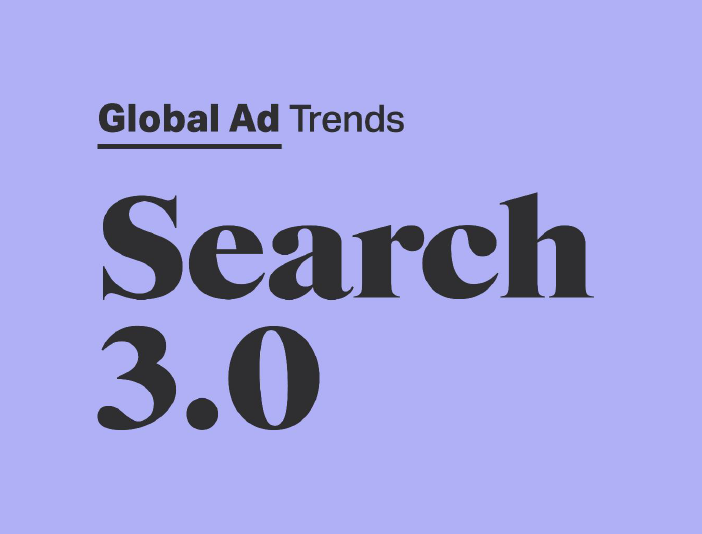By Jalaja Ramanunni

A new era of search is upon us.
The search advertising market is forecast to be worth $350.4bn globally in 2023, according to WARC Media’s latest report. The $250bn traditional search market is being disrupted by generative AI and social platforms.
Search 3.0 is here to challenge the long-standing dominance of Google as consumers increasingly turn to social and retail platforms for discovery rather than relying solely on text-based search and as generative AI transforms the search experience.
According to WARC Media and GroupM forecasts, total search advertising spend is set to be worth $350.4bn this year, of which just over a quarter (26.8%) will come from retail media, valued at $93.8bn.
Younger audiences increasingly favour searching for information and inspiration on visual platforms. Last year, 40 per cent of young internet users now prefer searching on platforms like TikTok or Instagram when looking for recommendations for places to eat lunch instead of using Google, states a report by WARC Media. The report explores the impact of social platforms on search journeys, the rise of retail media on advertisers’ paid search investments, and the emergence of generative AI search.
“As consumers pivot away from text-based search towards discovery on social, generative AI reinvents the search experience. With the explosive growth of retail media, the majority of which is search-orientated, Google’s long-standing market dominance is set to come under unprecedented pressure,” explains Alex Brownsell, Head of Content, WARC Media, and author of the report.
Search remains the largest media channel by ad spend globally, commanding 28.3 per cent of all ad investment worldwide in 2023. Traditional search spend is also projected to increase by 6.2 per cent year-on-year.
Search 3.0 defined
The third era for search is defined equally by text, images, or videos, artificial intelligence and natural language processing. During this era, marketers are transitioning from targeting keywords to targeting intent and context. The first era of search is marked by Google’s sponsored keyword search auction, which was introduced more than 20 years ago, followed by the use of data and algorithms for personalised search results.
Last year, Senior Vice President Prabhakar Raghavan, who runs Google’s Knowledge & Information organisation, commented on changing search trends, “In our studies, something like almost 40 per cent of young people, when they’re looking for a place for lunch, they don’t go to Google Maps or Search,” he continued. “They go to TikTok or Instagram.”
Google introduced BARD, an AI-powered chatbot, earlier this year to compete with OpenAI and Microsoft in the chatbot market. Microsoft also unveiled a new version of Bing with an AI chat function powered by the same technology underpinning ChatGPT.
“There are 10 billion search queries a day, but we estimate half of them go unanswered. That’s because people are using search to do things it wasn’t originally designed to do. It’s great for finding a website, but for more complex questions or tasks, too often it falls short,” Microsoft’s announcement states.
The arrival of generative AI will cause brands to reconsider marketing strategies and address the integration of paid advertisements into conversational content, potential bias in chatbot responses, manage the risk of content misinformation, and ensure alignment with brand guidelines.
This shift marks an exciting time for marketers and advertisers, who will need to adapt to the changing landscape of search marketing to stay ahead of the game.









